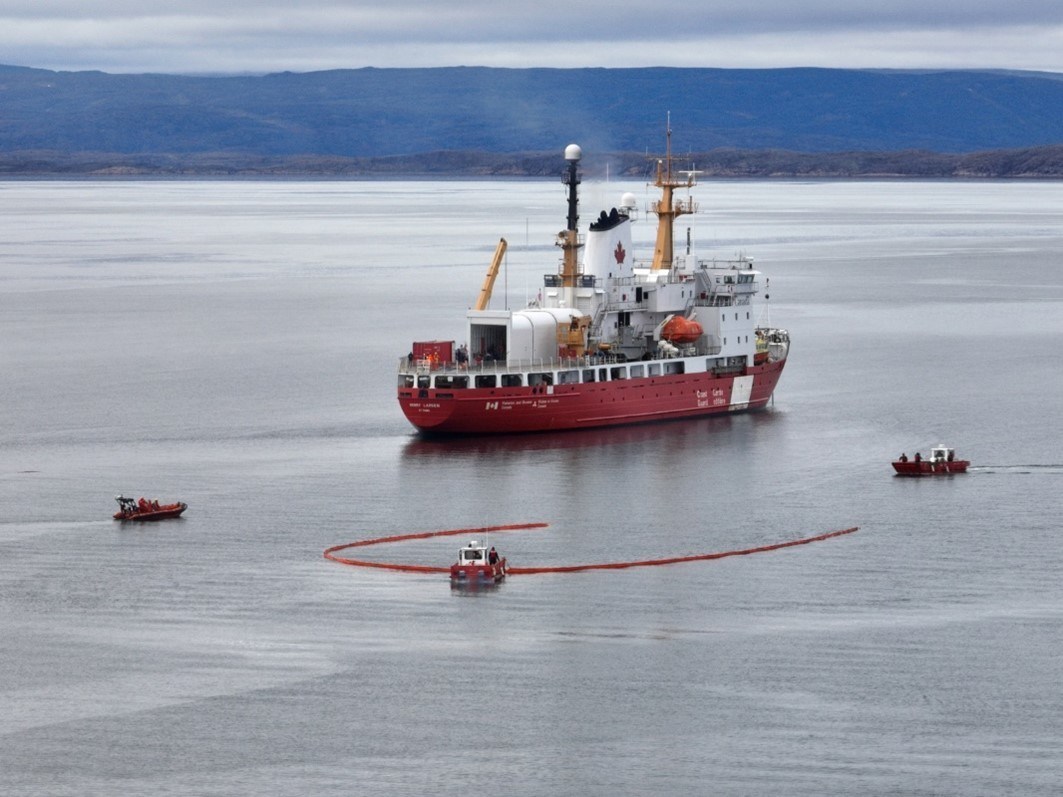Canadian Coast Guard finishes Arctic operating season
It's scheduled to resume Arctic operations again in May.

The Canadian Coast Guard and its seven icebreakers have finished their Arctic operating season and left the North, the federal organization announced in a news release Thursday.
The coast guard resupplies communities, carries out search and rescue operations, aids marine navigation and responds to marine environment issues.
The organization also operated its inshore rescue boat station in Rankin Inlet from June 29 to Oct. 25.
In August, it announced it had received funding to carry out upgrades to the station including hiring and training local crew members and extending the station’s operating season by one month starting next year. It will also get another rescue vessel in 2023.
The coast guard also carried out exercises in search and rescue as well as environmental response in Cambridge Bay with partnership from the Government of Nunavut.
In September, a newly formed environmental response team in Iqaluit carried out Operation Tasiujarjuaq, which practiced the coast guard’s ability to respond to environmental issues when called upon.
According to the news release, during its 2022 Arctic operations coast guard icebreakers traveled a combined 40,561 nautical miles, provided 65 commercial escorts and worked on 31 helicopter-based reconnaissance missions.
While the Arctic operating season is over, the coast guard has permanent offices in Iqaluit. Its Arctic operations are scheduled to resume in May.
This article has been fact-checked by Arctic Today and Polar Research and Policy Initiative, with the support of the EMIF managed by the Calouste Gulbenkian Foundation.
Disclaimer: The sole responsibility for any content supported by the European Media and Information Fund lies with the author(s) and it may not necessarily reflect the positions of the EMIF and the Fund Partners, the Calouste Gulbenkian Foundation and the European University Institute.
